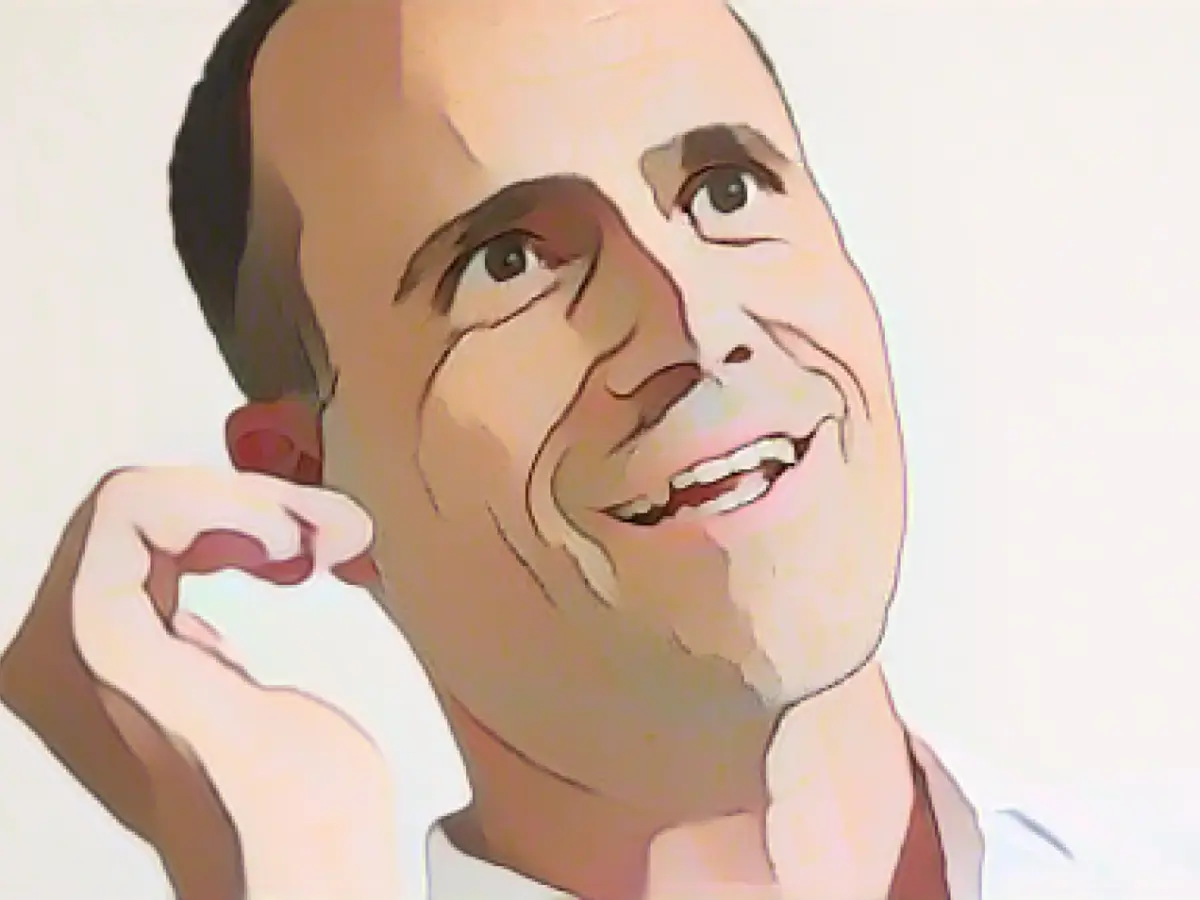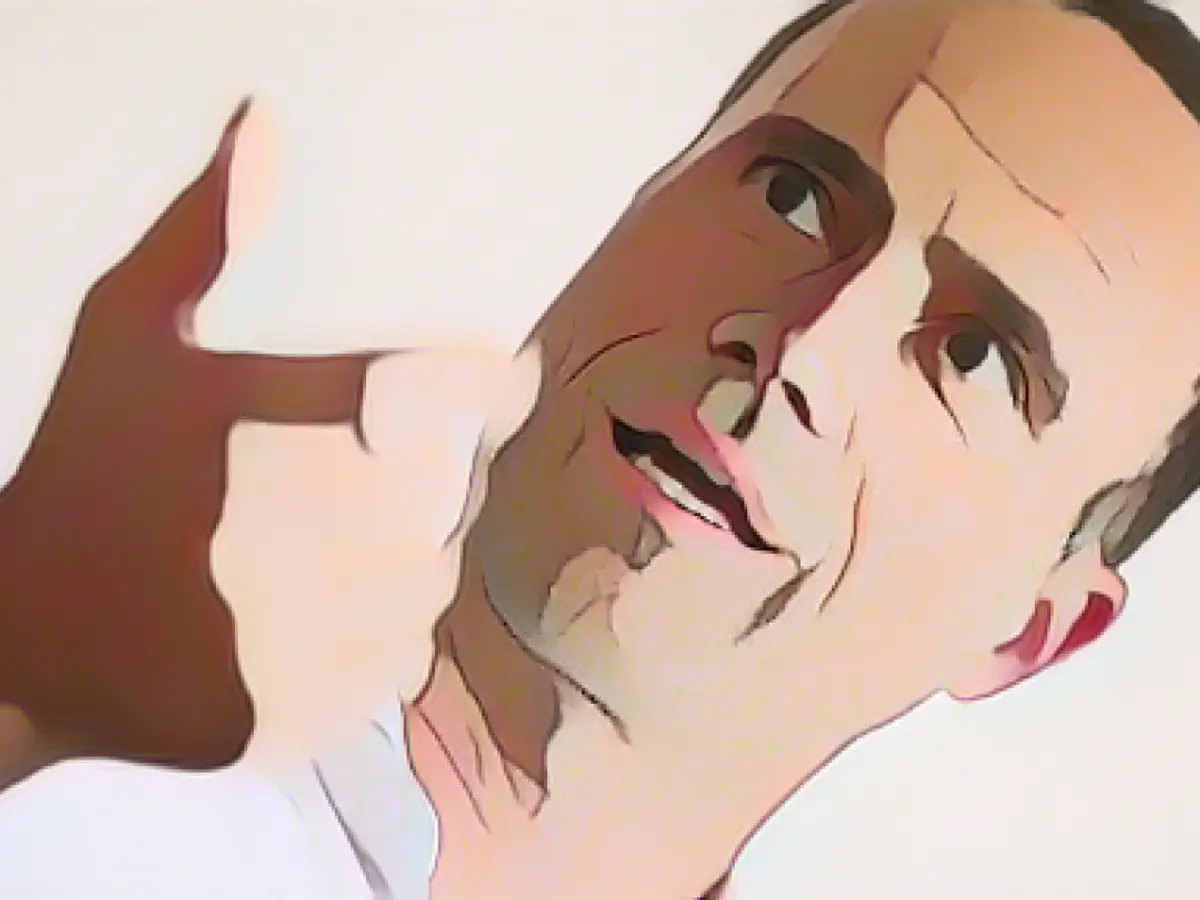Tele health and phone sick leaves: A boon for medical professionals and patients alike
germany's Rheinland-Palatinate Health Minister Clemens Hoch (SPD) has hailed telephone sick notes as a beacon of protection and relief for the medical community. During a recent press conference in Mainz, Hoch highlighted the success of tele health during the coronavirus crisis, where doctors were able to write off their patients without exposing them to crowded waiting rooms, thereby freeing up resources for more critical cases.
The Joint Federal Committee, a coalition of doctors, health insurance companies, and hospitals, has announced that the nationwide regulation allowing telephone sick notes is now in effect.The regulation applies to patients who are known to the respective doctor's practice, do not have severe symptoms, and cannot undergo video consultations. In such cases, doctors can issue a certificate of incapacity to work for up to 5 days.
The idea of telemedicine and telephone sick notes as a means to manage diseases and alleviate the burden on medical professionals has gained traction in Rhineland-Palatinate. During the COVID-19 pandemic, the use of telephone sick notes proved to be an effective way to reduce the spread of the virus by reducing patient interactions, allowing medical staff to focus on more urgent health concerns.
Benefits and Challenges of Telehealth and Phone Sick Notes
The implementation of telephone sick notes for minor illnesses has the potential to bring several benefits, such as:
- reduced administrative burden on healthcare providers and medical staff,
- increased operational efficiency,
- enhanced patient satisfaction and adherence to treatment plans,
- potential misuse and the need for robust verification processes,
- training and support for medical staff, and
- regional variations in effectiveness.
It is essential to note that these benefits and challenges should be evaluated in the context of each regional and health system. While telephone sick notes have proven effective in the case of the Rhineland-Palatinate population, they might require specific adaptations for other regions based on various factors, such as digital healthcare infrastructure, training, and verification processes.
Conclusion
The announcement of telephone sick notes as a nationwide regulation in Germany is a significant step towards leveraging telemedicine to support health services and medical professionals. Minister Clemens Hoch's initiative underscores the potential of technology to improve healthcare, ensure patient safety, and create a healthier working environment for medical professionals. With proper implementation and consideration of its benefits and challenges, telephone sick notes have the potential to revolutionize how healthcare services are delivered in Germany, stimulating a paradigm shift towards more efficient, convenient, and patient-centric care.





